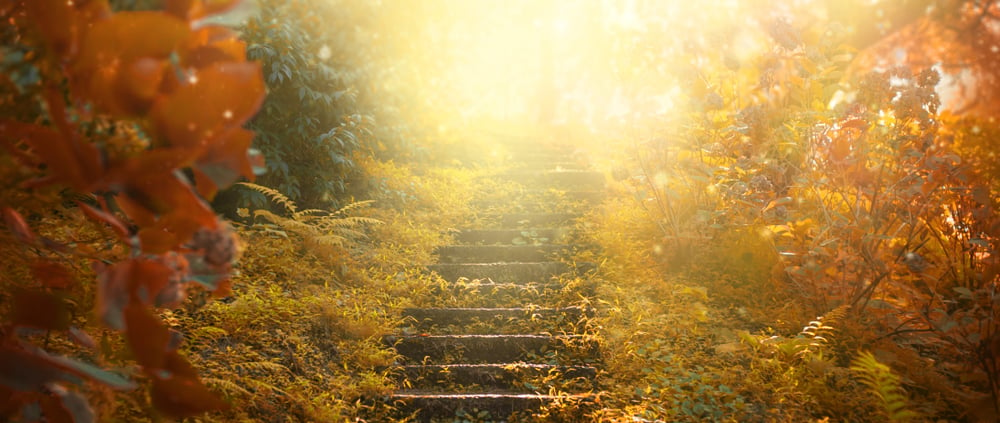Belief in Destiny, It’s Good and Evil – Shaykh Nuh Keller – Sea without Shore
Belief in destiny consists in knowing that what hit one was not going to miss, and what misses one was not going to hit. The question sometimes arises: Why then are people responsible when Allah destines our acts and creates them?
From the point of view of ultimate verities, Allah is the “Creator of everything.” [Quran 6:102] But from the point of view of human experience, first, Allah has given us moral imperatives; secondly, we have a will; and third, we find in ordinary life that we have to make up our minds about nearly everything we do before we can do it. As far as we can tell, our actions arise by free choice.
Allah has told us that we will be judged for these actions, that our eternal soul “has what it earns, and incurs what it commits” [Quran 2:286], indicating that though all actions are created, human choice has an exceptional status among these actions, and is a faculty genuinely possessed by the soul. The precise relation between divine destiny and human choice, however, is not comprehended by us in all its particulars.
Know Enough to Benefit
This is no reason in itself to doubt the existence of either destiny or human choice, for there are many things we do not know all the particulars of, but do not therefore doubt. If we survey the things immediately around us, for example, we find that our ignorance of most of them is much greater than our knowledge, yet this is unimportant for using them in our lives. From how the paper we write upon is manufactured, to the thousands of separate molecular reactions needed to produce incandescence in a simple candle, to the relation between our cellular biology and our most familiar companion, human consciousness — our typical ignorance of things does not prevent us from benefitting from them.
With destiny and human choice too, we know enough to benefit. We know that Allah is Master of everything that exists, and that events are His creations. But this does not prevent anyone from obeying Him and earning His good pleasure. We experience our own choices as free and uncompelled, and Allah will judge us from this human, experiential point of view — the context of obedience, sin, repentance, and forgiveness — not from a divine point of view of timeless destiny to which we have no access.
The Secret of Destiny
Allah’s foreknowledge of our destiny may be likened, for comparison, to a teacher in a classroom full of students. He has been teaching them all year, yet he gives them a final examination anyway, so they can see for themselves their achievement. No one has reason to complain after having been given a chance to determine their final grade.
Because of the way we experience things, no one has an excuse or case against God, when He has send prophetic messengers telling us what He expects of us, given us ears with which to hear the message, and finally an intellect with which to choose our course in life. Like a host of other things we do not fully comprehend, we know enough about human choice, good, and evil to make successful decisions.
Finally, the hiddenness of destiny is not only a truth, but a blessing. If people knew the full secret of their destiny in advance good men would grow complacent and bad men worse. That it remains a secret is a motive for excelling to the highest stations attainable, while knowing that matters have already been decided gives us strength and fortitude for what is beyond our power.
Shaykh Nuh Keller, from Sea without Shore
